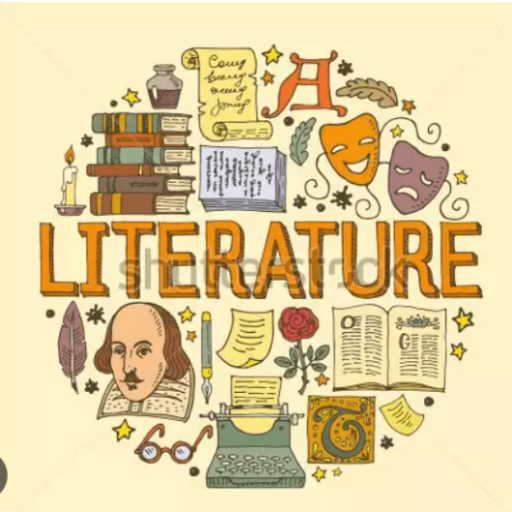When delving into the realm of literature, it becomes essential to grasp the nuances that differentiate various forms of written expression. One such distinction lies between prose and poetry, two distinctive styles employed by authors to convey their thoughts and emotions. This article explores the Difference between prose and poetry according to Wordsworth, a renowned poet of the Romantic era.
Difference between Prose and Poetry according to Wordsworth
Wordsworth, a prominent figure in English Romanticism, articulated his perspectives on the contrasting features of prose and poetry. According to him, the key disparities lie in structure, language, and the emotions evoked.
Advertisement
Structure: Prose
Prose refers to written or spoken language presented in a straightforward manner, without the rhythmic patterns found in poetry. Wordsworth characterized prose as having a regular structure, devoid of the rhythmic and metrical constraints present in poetry.
Advertisement
Structure: Poetry
Unlike prose, poetry employs distinct structures and patterns. Wordsworth emphasized the significance of meter, rhyme, and verse in poetry. These structural elements lend a unique musicality and rhythm to poetic compositions.
Advertisement
Language: Prose
In terms of language, Wordsworth observed that prose utilizes ordinary and conversational language. It communicates ideas and narratives in a natural and direct manner, often resembling everyday speech.
Advertisement
Language: Poetry
Poetry, on the other hand, embraces a more heightened and stylized language. Wordsworth believed that poetry possesses the power to elevate everyday language, employing vivid imagery, metaphor, and figurative expressions to convey complex emotions and profound thoughts.
Emotions: Prose
Prose, according to Wordsworth, primarily deals with ordinary, everyday emotions and experiences. It captures the essence of everyday life, painting a realistic picture of human existence.
Emotions: Poetry
In contrast, poetry has the ability to evoke powerful and intense emotions. Wordsworth regarded poetry as a medium to express profound feelings, touching the depths of human sentiment and providing a glimpse into the sublime aspects of life.
Conclusion: Difference between Prose and Poetry according to Wordsworth
In conclusion, the Difference between prose and poetry according to Wordsworth can be summarized in terms of structure, language, and the emotions they evoke.
While prose adheres to a regular structure and employs everyday language, poetry embraces distinct structures, and stylized language, and has the ability to evoke profound emotions.
By understanding these disparities, readers can delve into the rich tapestry of literature, appreciating the diverse ways in which authors communicate their thoughts and sentiments.
Frequently Asked Questions
Wordsworth characterized prose as having a regular structure, devoid of the rhythmic and metrical constraints present in poetry.
According to Wordsworth, poetry employs distinct structures and patterns, embraces a more heightened and stylized language, and has the ability to evoke powerful and intense emotions.
Yes, Wordsworth observed that prose utilizes ordinary and conversational language, communicating ideas and narratives in a natural and direct manner.
Poetry embraces a more heightened and stylized language, employing vivid imagery, metaphor, and figurative expressions to convey complex emotions and profound thoughts.
Wordsworth believed that prose primarily deals with ordinary, everyday emotions and experiences, capturing the essence of everyday life.
Yes, according to Wordsworth, poetry possesses the power to evoke powerful and intense emotions, touching the depths of human sentiment.

